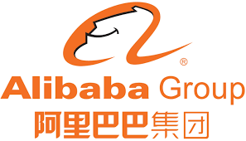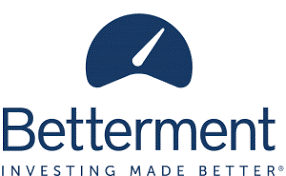Financial Technology
- Juraj Hric
- Aug 25, 2021
- 3 min read
Updated: Oct 8, 2021
Welcome to FinTech Blog. In this space we kick start the journey across the ever-changing and shifting fields of financial technology...
Let's dive in... Based on Dhar and Stein (2017) quote below, FinTech can be defined as...
Financial sector innovations involving technology-enabled business models that can facilitate disintermediation, revolutionize how existing firms create and deliver products and services, address privacy, regulatory and law-enforcement challenges, provide new gateways for entrepreneurship, and seed opportunities for inclusive growth.
Dhar & Stein, 2017, MIT FinTech Platform and Strategy.
In simple terms, innovation and disruption across financial services utilizing latest technological advances resulting in opportunities within fluid regulatory and risk framework. Major ingredients in this tech revolution are the availability of internet hives, cheap data storage and computing power.
Platform solution based on SaaS (Software as a Service) is one of the core driving forces in tech advances. Platforms such as Amazon, PayPal, AirBnB captured the market with the ability to outsource tech infrastructure on pay as you go basis. Platform...
‘Facilitates exchange between two or more interdependent groups, usually consumers and producers, using a combination of channel access, functionality embedded in an IT system, and associated key business processes (sometimes augmented with physical assets).”
Dhar & Stein, 2017, MIT FinTech Platform and Strategy.
Complete platform as above examples contains the following attributes
Openness of access
PayPal provides easy access via API
AirBnB open access for people to list or find rooms
Functionality embedded in an IT system
PayPal provides secured functionality for money transfers
AirBnB book rooms and make payments
Implementation of standardized domain-specifics business processes
PayPal processes workflow for clearance and settlement
AirBnB manages business process with stay and rent arrangements
FinTech is not immune to this design and follows the platform logic closely. Moreover, given the financial services have a specific purpose to serve clients in terms of demand for financial needs, FinTech platforms are in a stronger position to serve the clients by introducing advanced technological solutions such as combined AI computation and recommendation engines. Some complete platform examples here in P2P lending, electronic exchanges and robo-advisory space...
Solid example here is Wealthfront, online wealth management and financial planning platform offering open access to users - targeting millennials - via easy to use interface on all devices with direct API access points if required. Immediately obvious functionality and purpose of the solution with embedded IT systems under the hood...
Meet your financial copilot
We’ll build a free financial plan for the life you want and automate your investments at a low cost.
Our all-in-one solution gives you the financial expertise you need, right in your pocket. No spreadsheets, no annoying sales calls, no judgment.
Moreover, Wealthfront offers the ability to standardize predefined processes related to investing, saving and borrowing allowing for financial advice and expertise to be shared.
In addition to the above three platform attributes of openness, functionality and domain specific business processes we argue than FinTech platforms are able to combine new technologies and add value in the process for instance allowing AI autonomous processes to drive ultimate decision making... notion of "self-driving money" in this case...
In case you wondering why are we discussing platforms and FinTech solutions... as per Wealthfront "...Our Clients Trust Us with More Than $13 Billion..." & to solidify the reason and justification for FinTech field to exist... below is a line of $$$ statistics from CB Insights Global Fintech Report as of Q2 '18...



















Comments